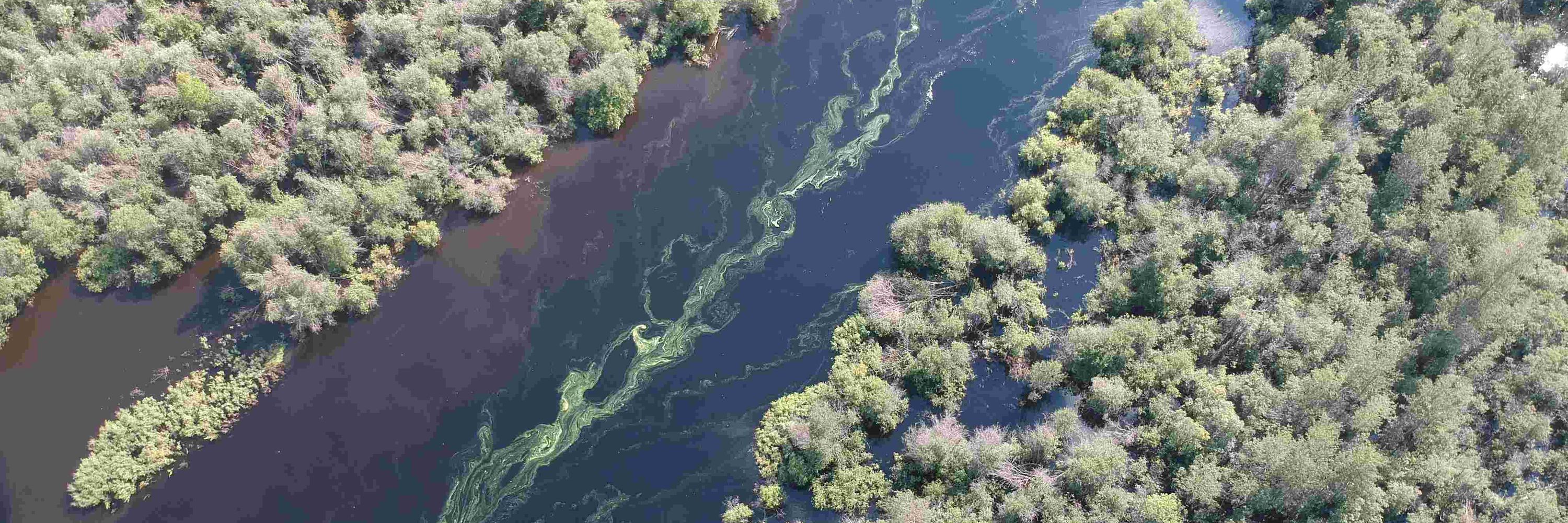
pubs.acs.org/doi/10.1021/...


pubs.acs.org/doi/10.1021/...











And so much of the landscape is burned - we drove hours and hours through charred forests. The last decade has been unprecedented.




And so much of the landscape is burned - we drove hours and hours through charred forests. The last decade has been unprecedented.


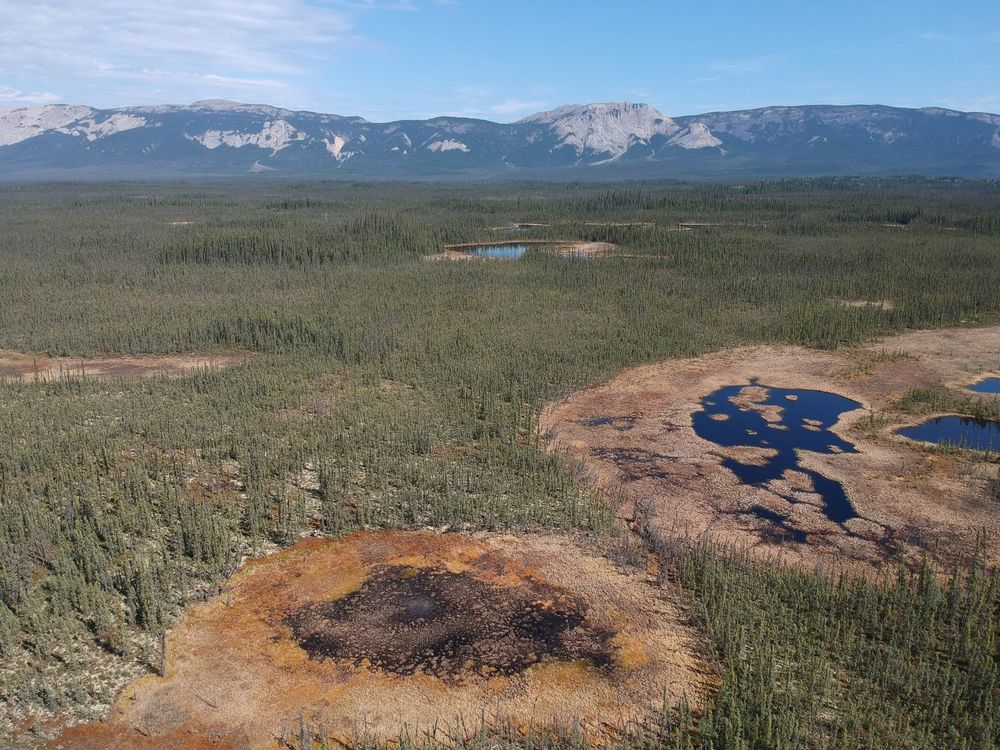
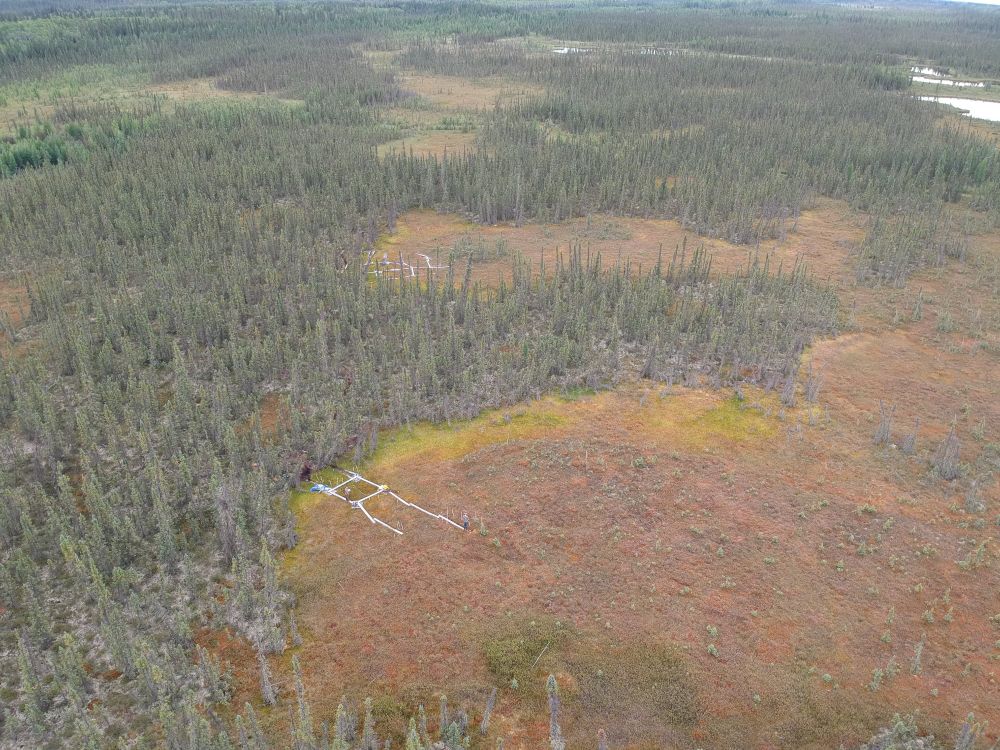
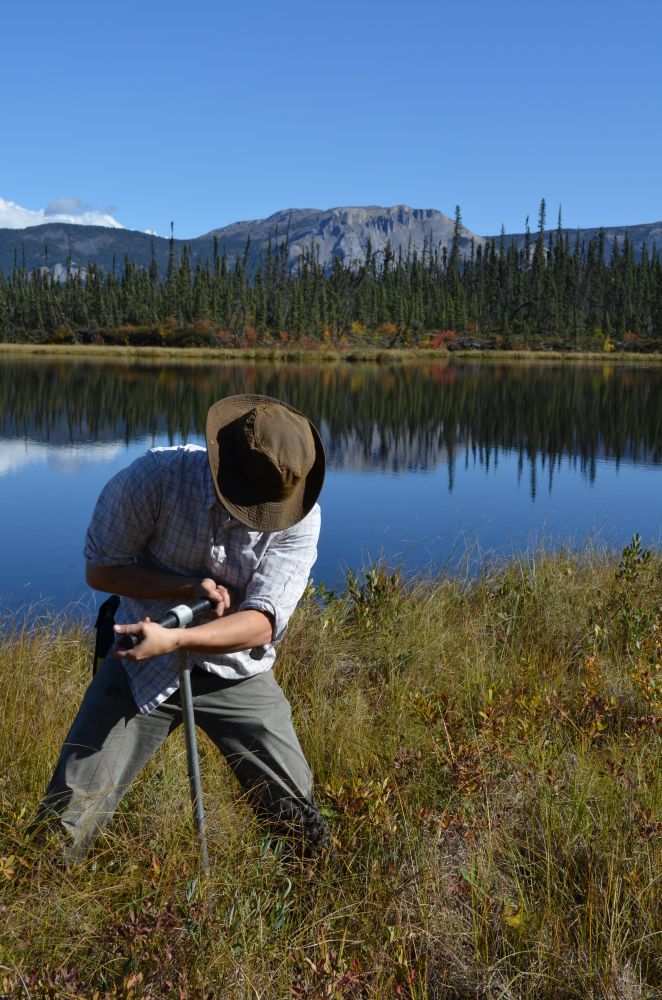
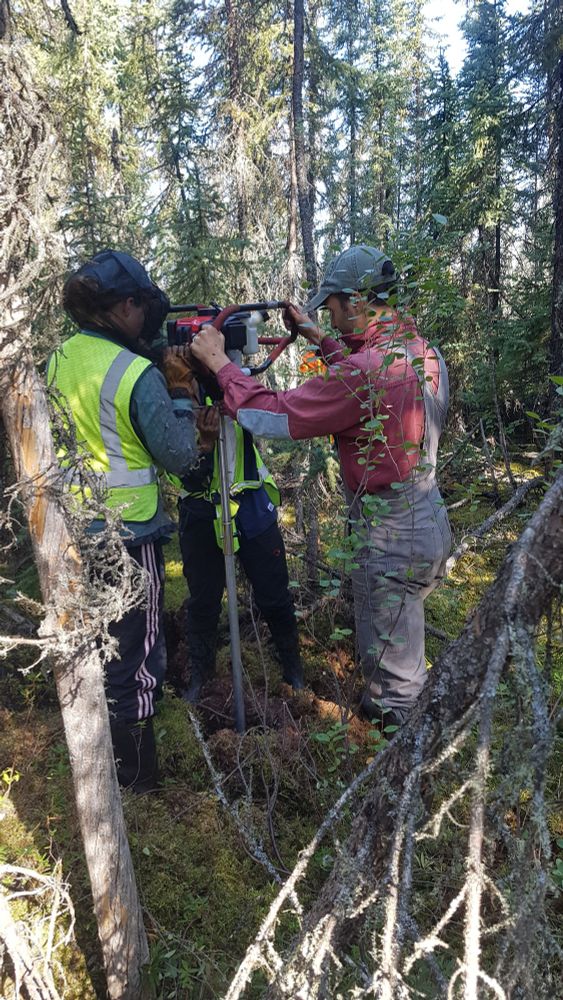
doi.org/10.5194/essd...



doi.org/10.5194/essd...
















#FieldworkFriday




#FieldworkFriday

















